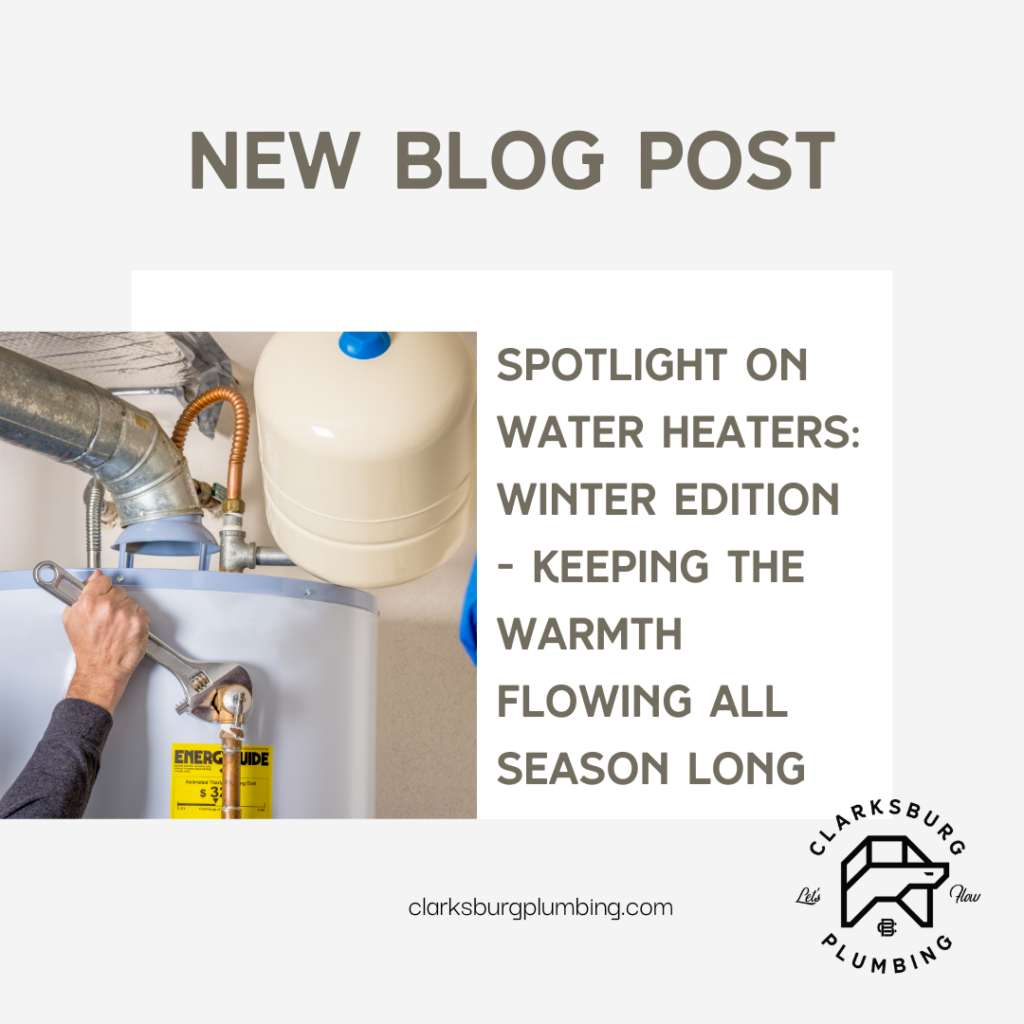As the winter chill settles in, your water heater becomes an unsung hero, working tirelessly to provide warmth for your daily routines. However, colder temperatures can bring about unique challenges for these essential appliances. In this edition, we shine a spotlight on water heaters during winter, exploring common issues and sharing tips to ensure your water heater runs efficiently throughout the colder months.
1. Cold Weather Challenges: Winter weather can pose challenges for water heaters, with colder temperatures affecting their performance. From longer heating times to potential frost-related issues, understanding these challenges is crucial for maintaining a consistent supply of hot water.
2. Insulation is Key: During winter, it’s essential to insulate your water heater and the surrounding pipes. This helps prevent heat loss and ensures your system operates at its peak efficiency. Consider adding a water heater blanket and insulating pipes in unheated areas.
3. Set the Right Temperature: Adjusting your water heater’s temperature can be beneficial during winter. While it’s tempting to crank up the heat, setting it to around 120°F (48.9°C) is both energy-efficient and sufficient for most households. This helps prevent scalding and conserves energy.
4. Regular Maintenance Checks: Winter is an excellent time for a thorough water heater inspection. Check for signs of corrosion, leaks, or unusual noises. Drain a few gallons of water from the tank to remove sediment buildup, allowing your water heater to operate more efficiently.
5. Consider a Tankless Upgrade: Tankless water heaters, which heat water on demand, can be a great solution for winter efficiency. They eliminate the standby energy loss associated with traditional tank heaters and provide a continuous supply of hot water, perfect for those cold winter mornings.
6. Protect Against Freezing: For those in extremely cold climates, protecting your water heater from freezing is crucial. Insulate pipes, especially those exposed to outdoor temperatures, and consider installing heat tape or a heater blanket for added protection.
7. Monitor Water Usage: Be mindful of increased hot water usage during winter, especially with extra laundry, longer showers, and frequent dishwashing. Adjusting usage habits can help prevent unexpected cold showers and ensure a consistent supply of hot water for your household.
8. Professional Inspection: Consider scheduling a professional inspection before winter hits its peak. A trained technician can identify and address potential issues, ensuring your water heater is in top-notch condition to handle the demands of the season.
As winter settles in, proactive measures can make a significant difference in ensuring your water heater operates efficiently. By addressing common winter challenges and implementing these tips, you’ll enjoy a reliable supply of hot water throughout the season. Keep the warmth flowing, and embrace a winter of comfort with a well-maintained water heater! ????









